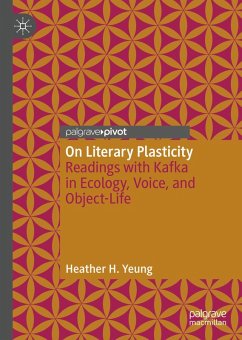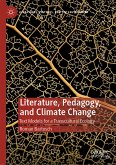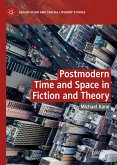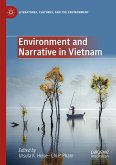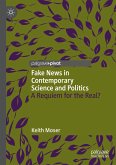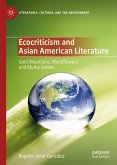On Literary Plasticity: Readings with Kafka in Ecology, Voice, and Object-Life calls to Franz Kafka, and in particular 'Die Sorge des Hausvaters', for aid in charting the long reach of plastic on the human mind and world. In this book, Heather H. Yeung builds a past and future ecology of plastic, arguing that it is through a deep reading of literature that we can begin to understand more clearly what it is that plastic means to us today, asking, under the auspices of the idea of literary plasticity: what are the true depths of our twenty-first-century fascination with plastic? How did we become so entangled? How can we come to a better understanding of plastic's role in our imagination, our environment, and our lives? What can literature teach us in this respect? Why should we care?
Dieser Download kann aus rechtlichen Gründen nur mit Rechnungsadresse in A, B, BG, CY, CZ, D, DK, EW, E, FIN, F, GR, HR, H, IRL, I, LT, L, LR, M, NL, PL, P, R, S, SLO, SK ausgeliefert werden.

